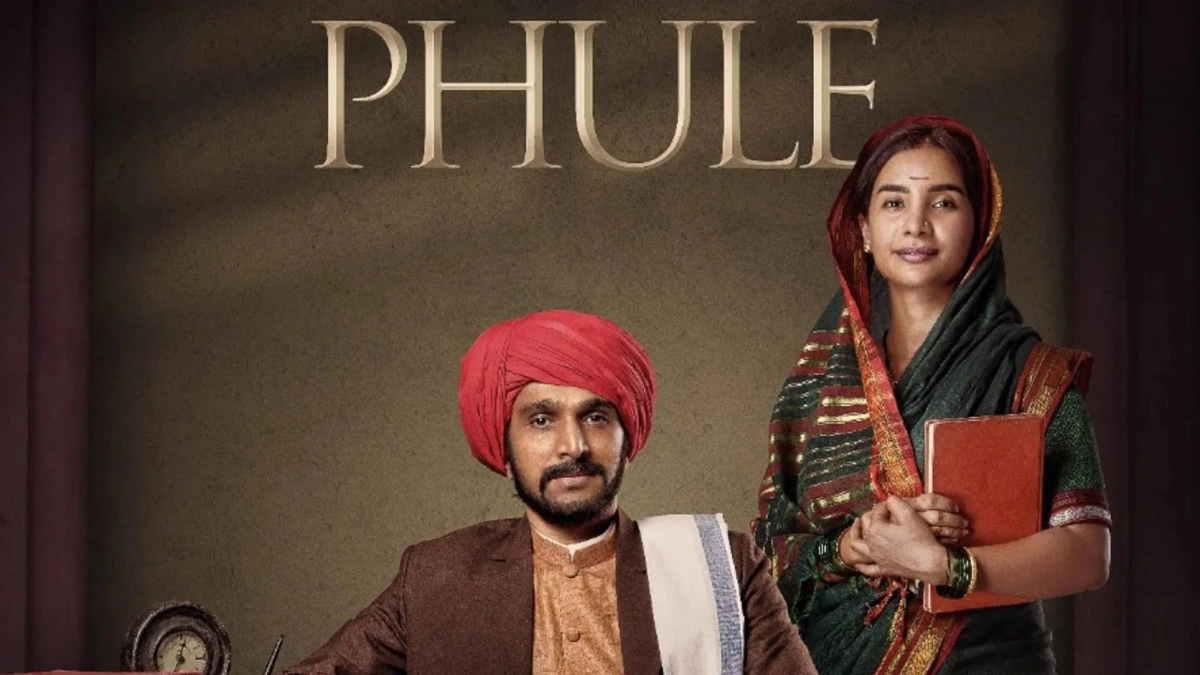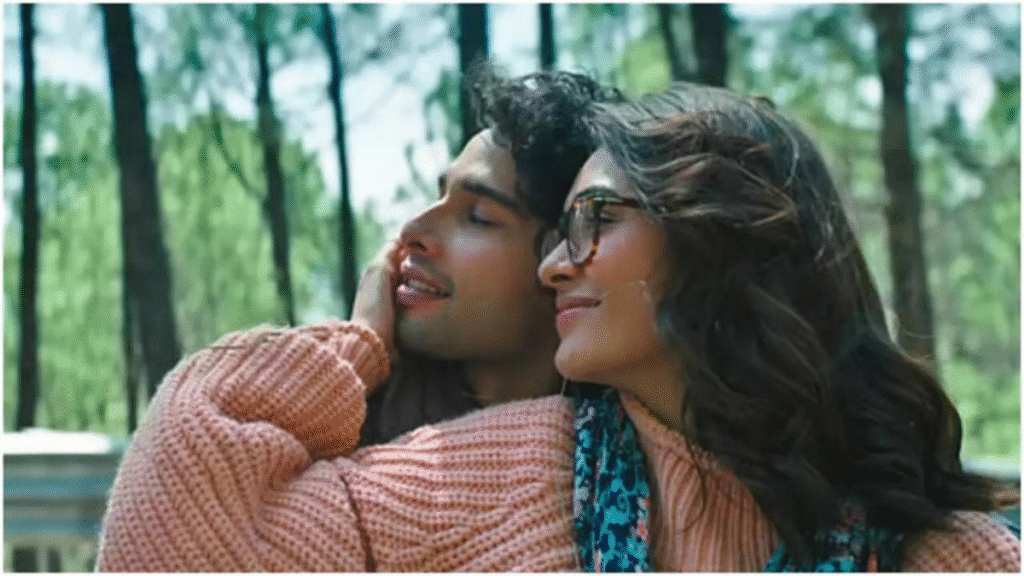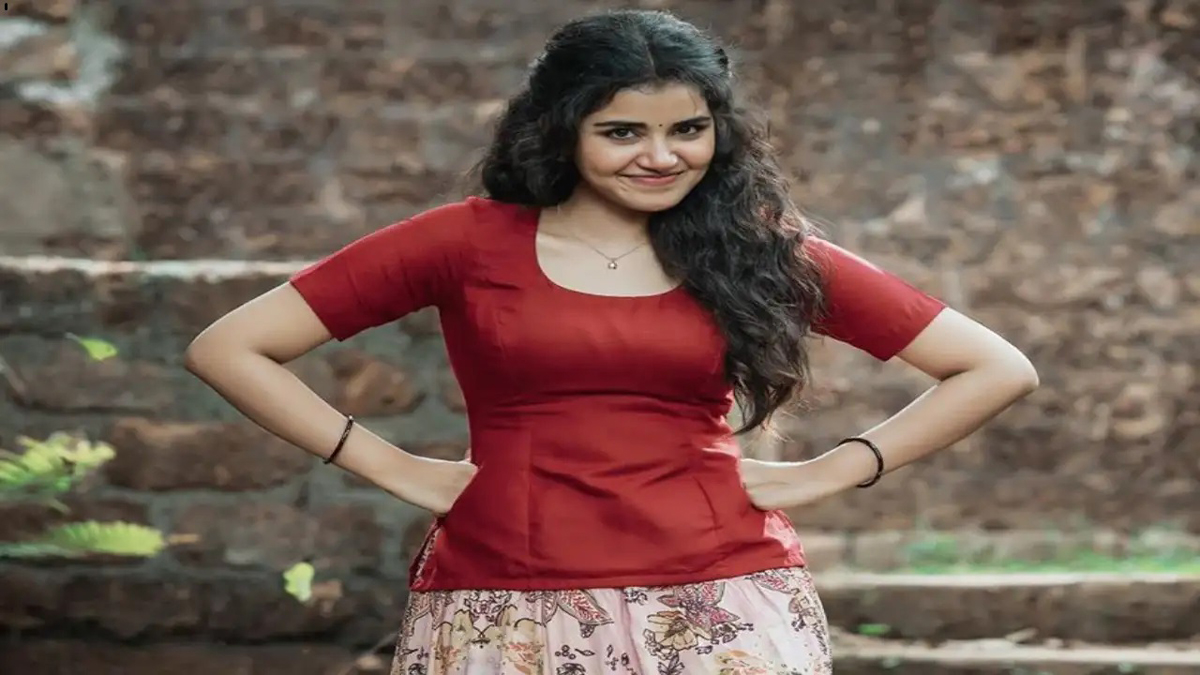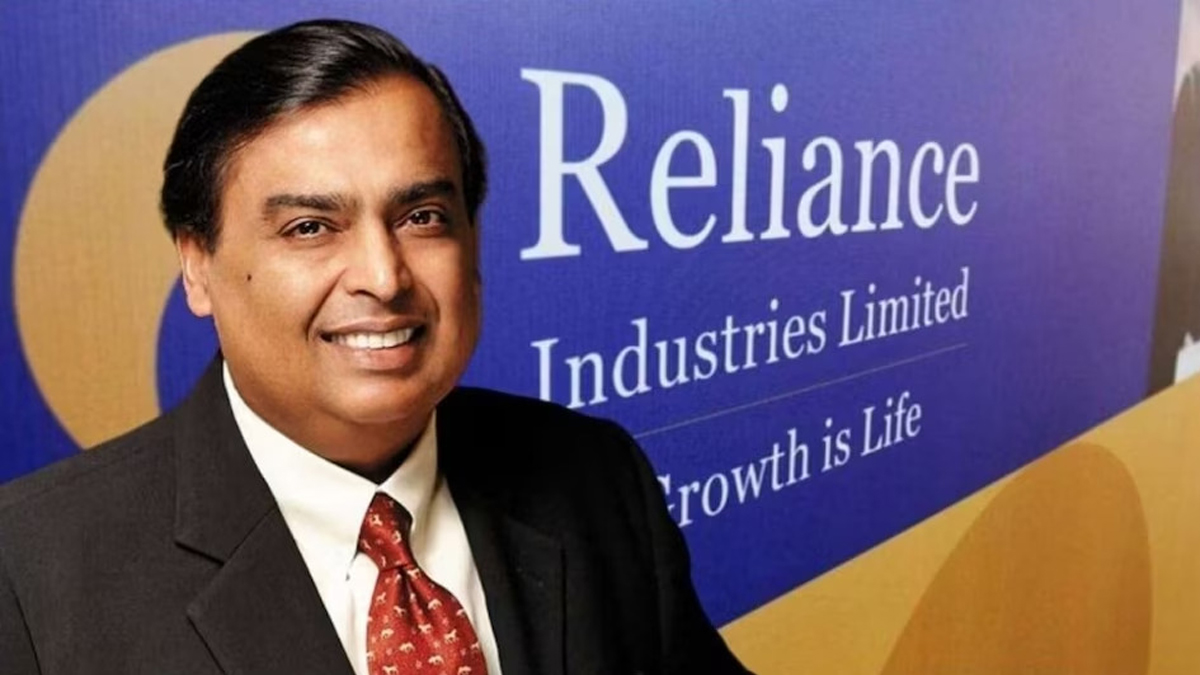Now Reading: ‘Phule’ Movie Review: Pratik Gandhi Embodies the Mahatma of Social Reform
-
01
‘Phule’ Movie Review: Pratik Gandhi Embodies the Mahatma of Social Reform
‘Phule’ Movie Review: Pratik Gandhi Embodies the Mahatma of Social Reform

Ananth Narayan Mahadevan’s ‘Phule’ arrives at a crucial juncture, offering a timely cinematic portrayal of the lives and struggles of Mahatma Jyotirao Phule and Savitribai Phule, the 19th-century social reformers who ignited the flame of female education and fought relentlessly against the oppressive caste system in pre-independent India. Headlined by a compelling Pratik Gandhi as Jyotirao and a fiery Patralekha as Savitribai, the film attempts to bring their monumental contributions to a wider audience.
Pratik Gandhi, fresh from his acclaimed performance in ‘Scam 1992’, once again demonstrates his acting prowess, embodying the quiet determination and unwavering conviction of Jyotirao Phule. He brings a certain gravitas to the role, portraying Phule’s intellectual awakening and his resolute commitment to challenging the deeply entrenched social inequalities of his time. Patralekha, as Savitribai, delivers a powerful performance, capturing the courage and resilience of a woman who stood shoulder to shoulder with her husband, facing societal scorn and physical abuse in her pursuit of education for girls and the upliftment of marginalized communities. Her fiery speeches and defiant stance against oppression are among the film’s most impactful moments.
The narrative unfolds in the backdrop of 1840s Poona, vividly depicting the rigid social hierarchy dominated by upper-caste Brahmins and the dehumanizing treatment meted out to the ‘untouchables’. The film meticulously showcases the pivotal moments in the Phules’ lives, from the humiliating incident at a Brahmin wedding that ignited Jyotirao’s resolve to their pioneering efforts in establishing schools for girls and lower-caste children. The establishment of their first school in Bhidewada, the relentless opposition they faced from orthodox elements, and the unwavering support they received from allies like Fatima Sheikh (ably portrayed by Akshaya Gurav) form the crux of the story.
While the film commendably sheds light on the Phules’ revolutionary work in education, their fight against child marriage and for widow remarriage, and the formation of the Satyashodhak Samaj, it occasionally falters in its pacing and narrative structure. The attempt to encompass a wide range of historical events, such as the plagues, famines, the 1857 revolution, and even the French Revolution, sometimes feels like a hurried history lesson, diluting the focus on the central figures and their immediate struggles. Some of the dialogue also tends to be overtly preachy, which, while well-intentioned, occasionally disrupts the natural flow of the storytelling.
Nevertheless, ‘Phule’ remains an important film, primarily for its subject matter and the sincere performances of its lead actors. It serves as a potent reminder of the profound impact of Jyotirao and Savitribai Phule’s vision and their tireless efforts to create a more just and equitable society. The film successfully evokes a sense of pride and responsibility towards the causes they championed, highlighting the enduring relevance of their fight against social evils like casteism, patriarchy, and communalism.
Despite its shortcomings in pacing and narrative finesse, ‘Phule’ is a significant cinematic endeavor. Pratik Gandhi delivers a commendable portrayal of a man who earned the title of ‘Mahatma’ through his unwavering commitment to social reform, and Patralekha shines as his equally resolute partner. The film is a necessary watch for anyone seeking to understand the roots of social justice movements in India and to pay homage to a couple whose revolutionary work continues to inspire even today. ‘Phule’ is a tribute to their indomitable spirit and a call to remember the long and ongoing struggle for equality.










